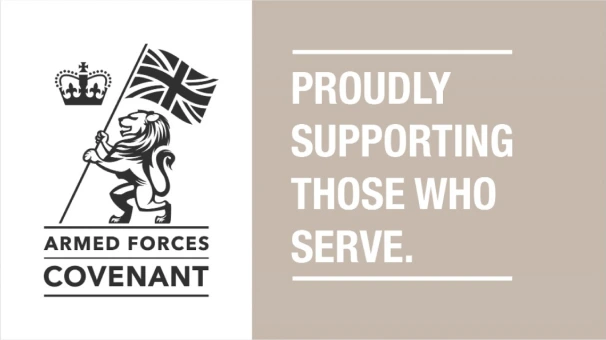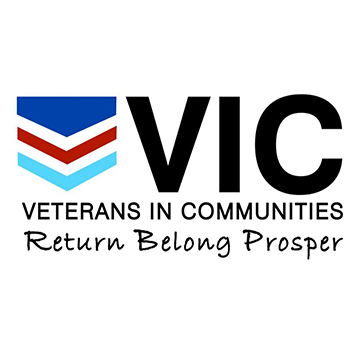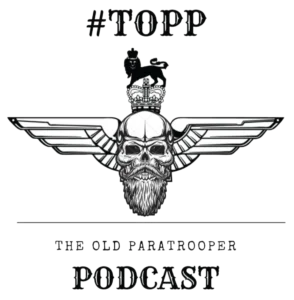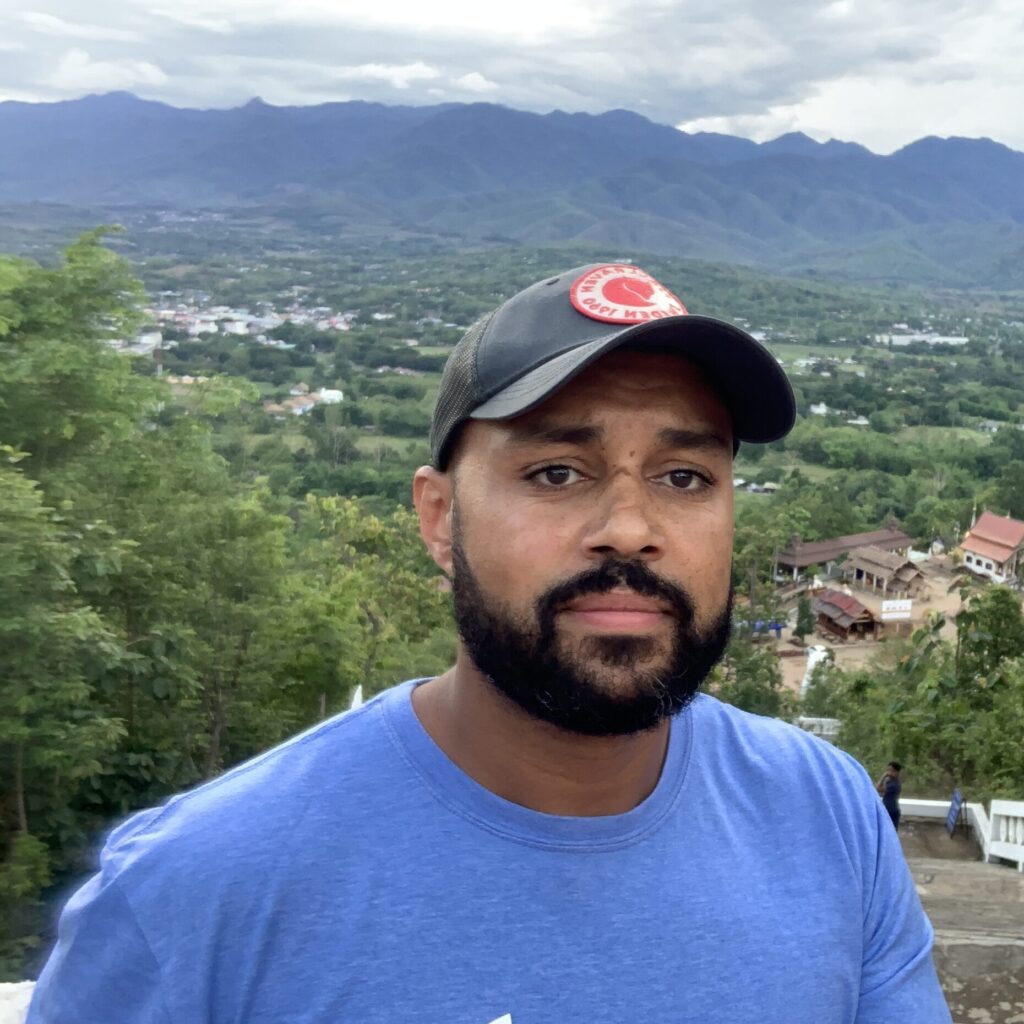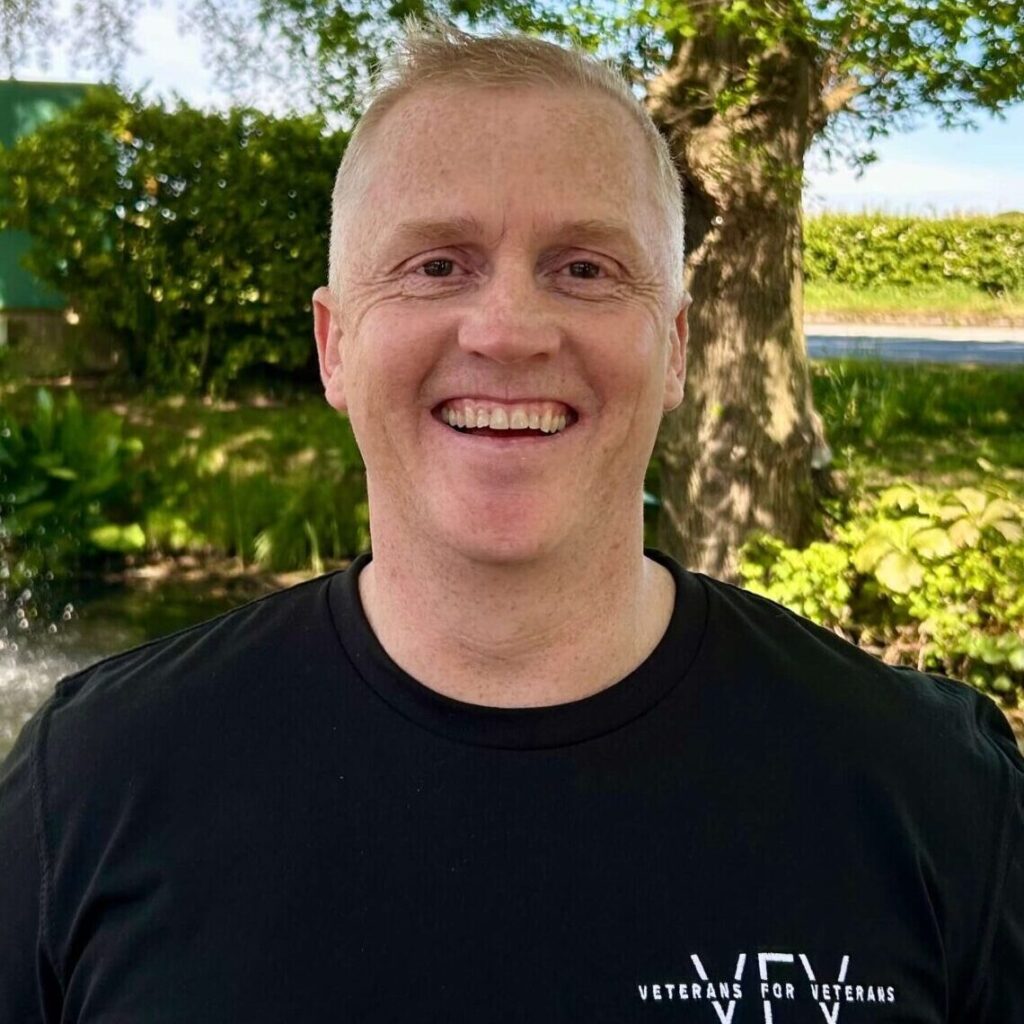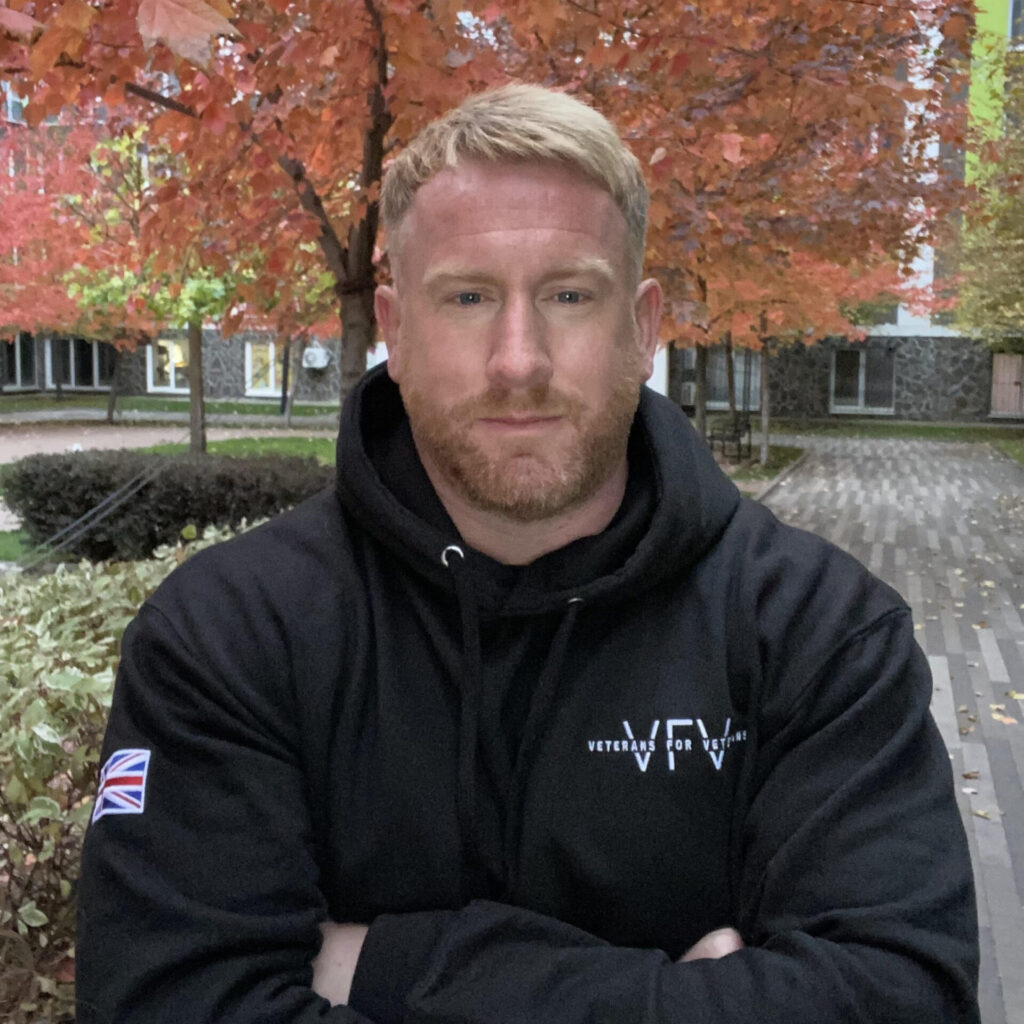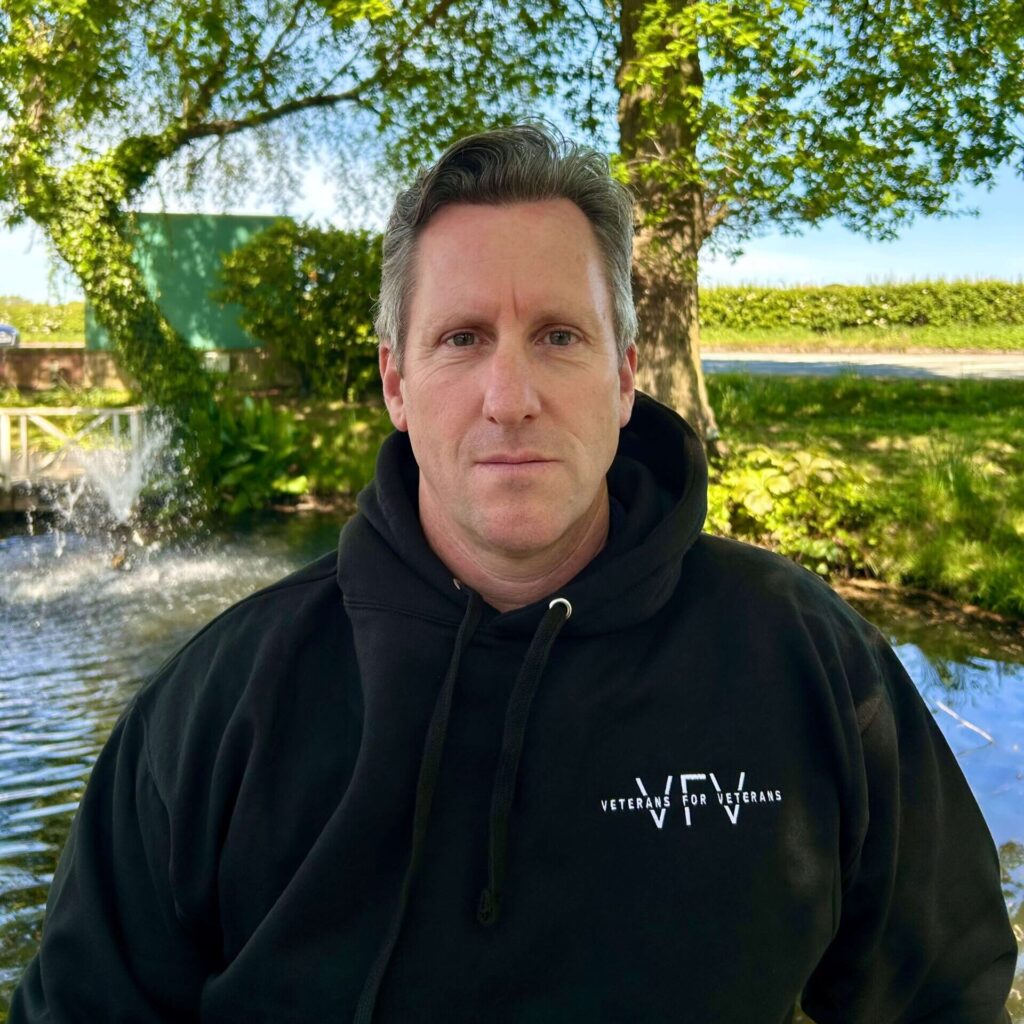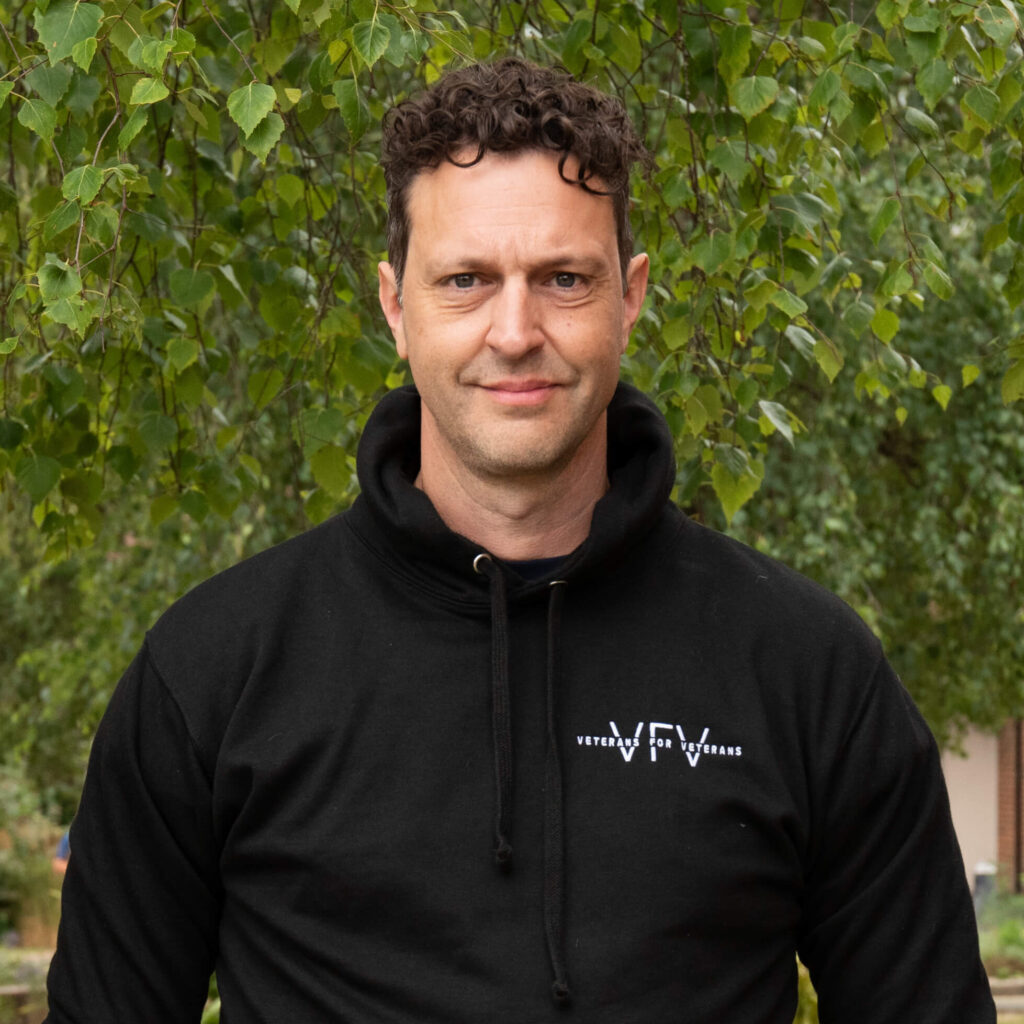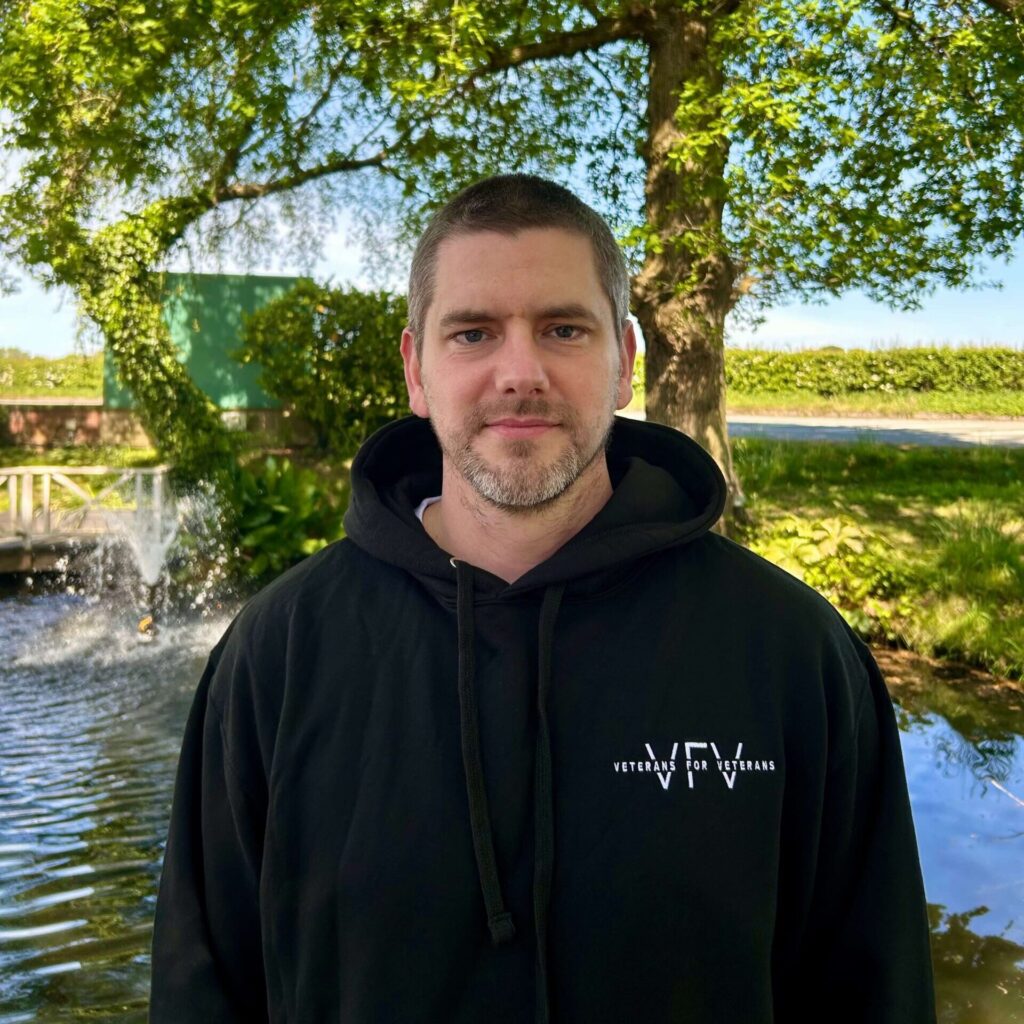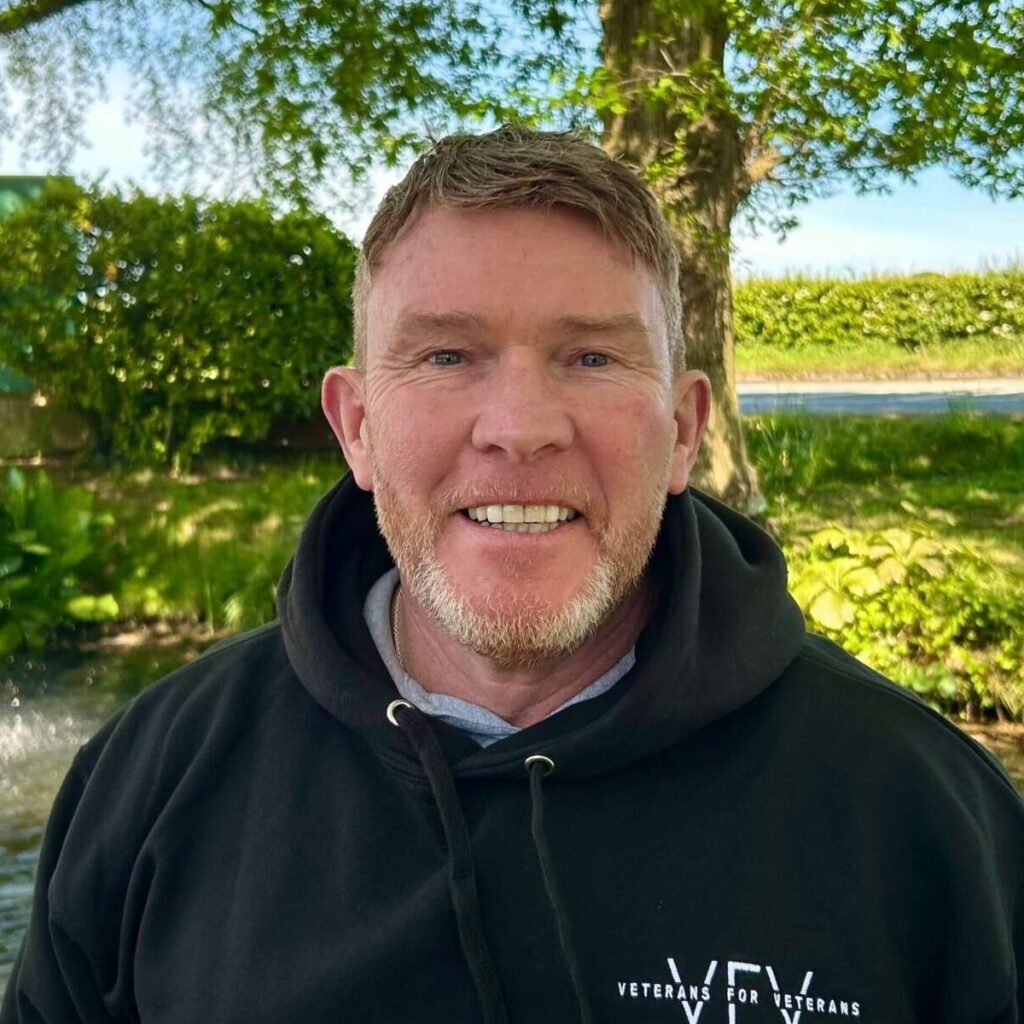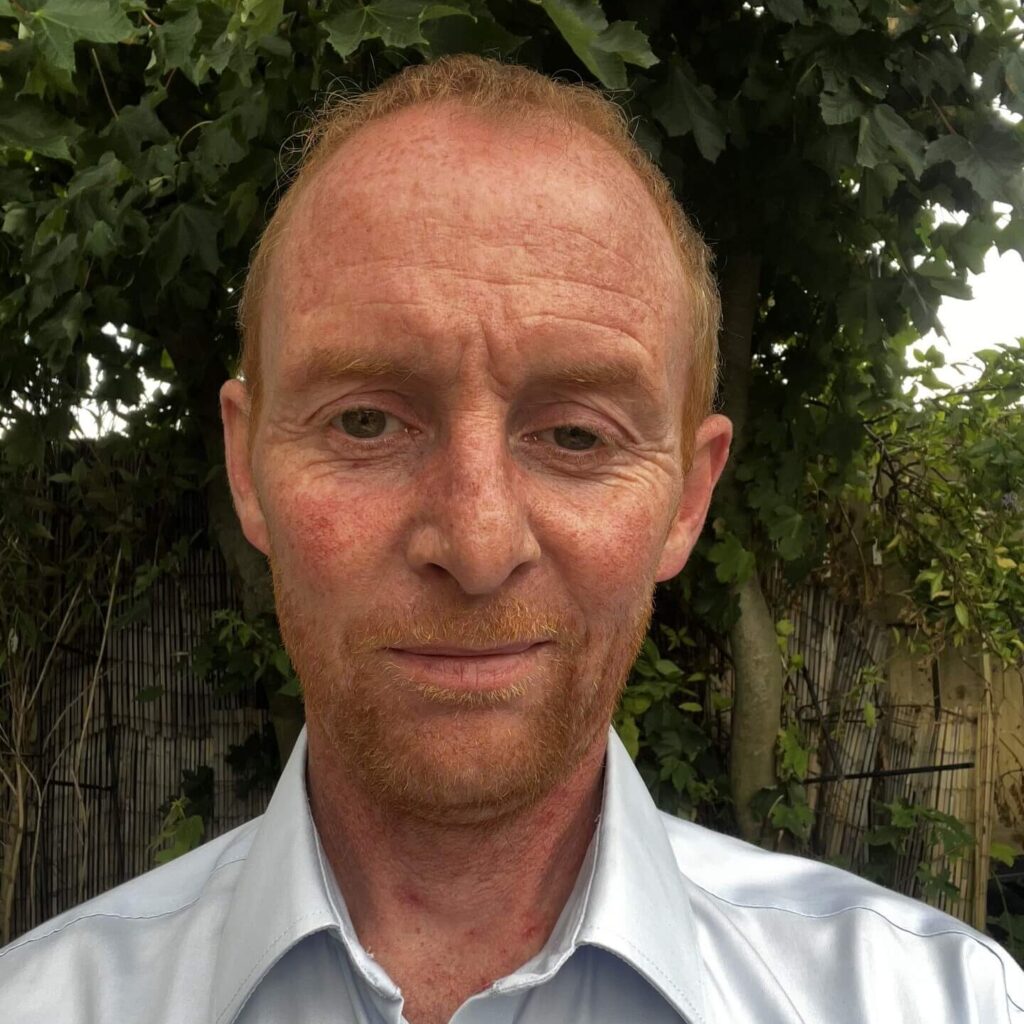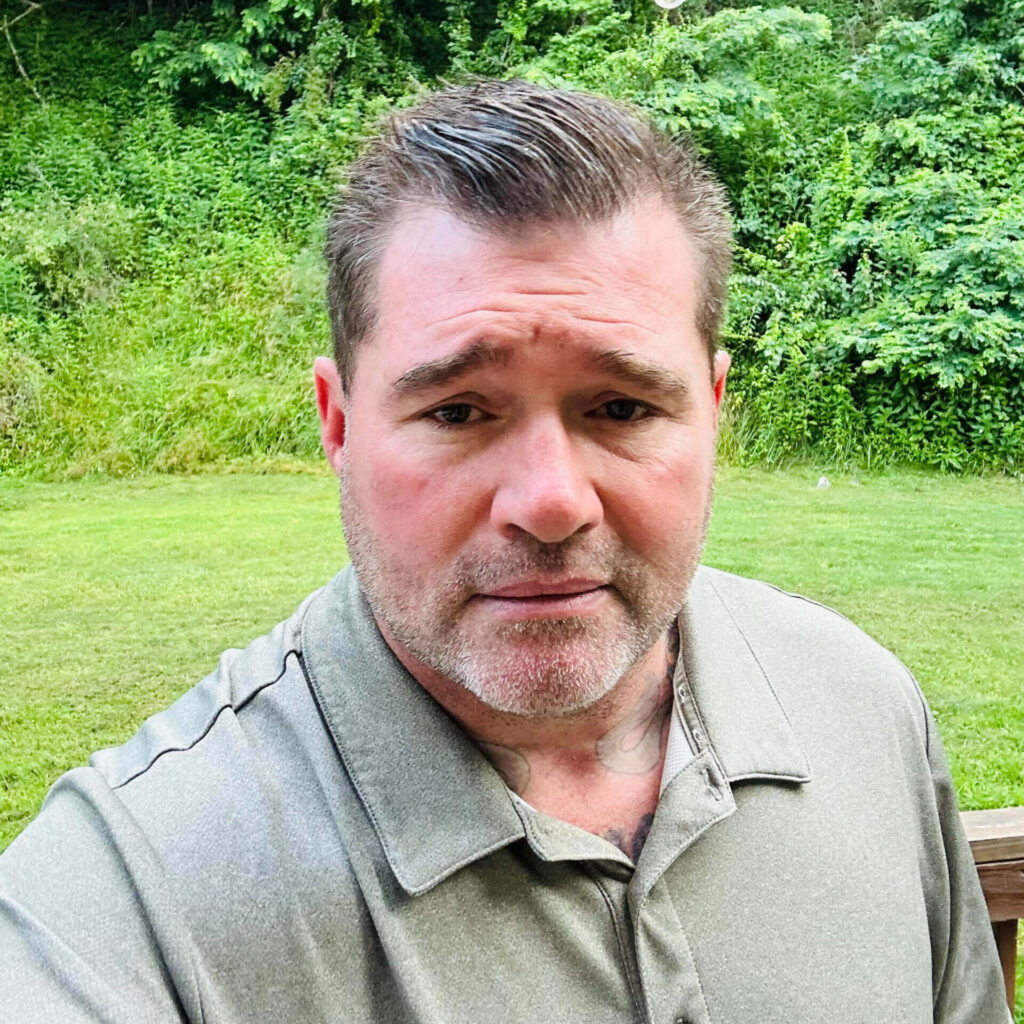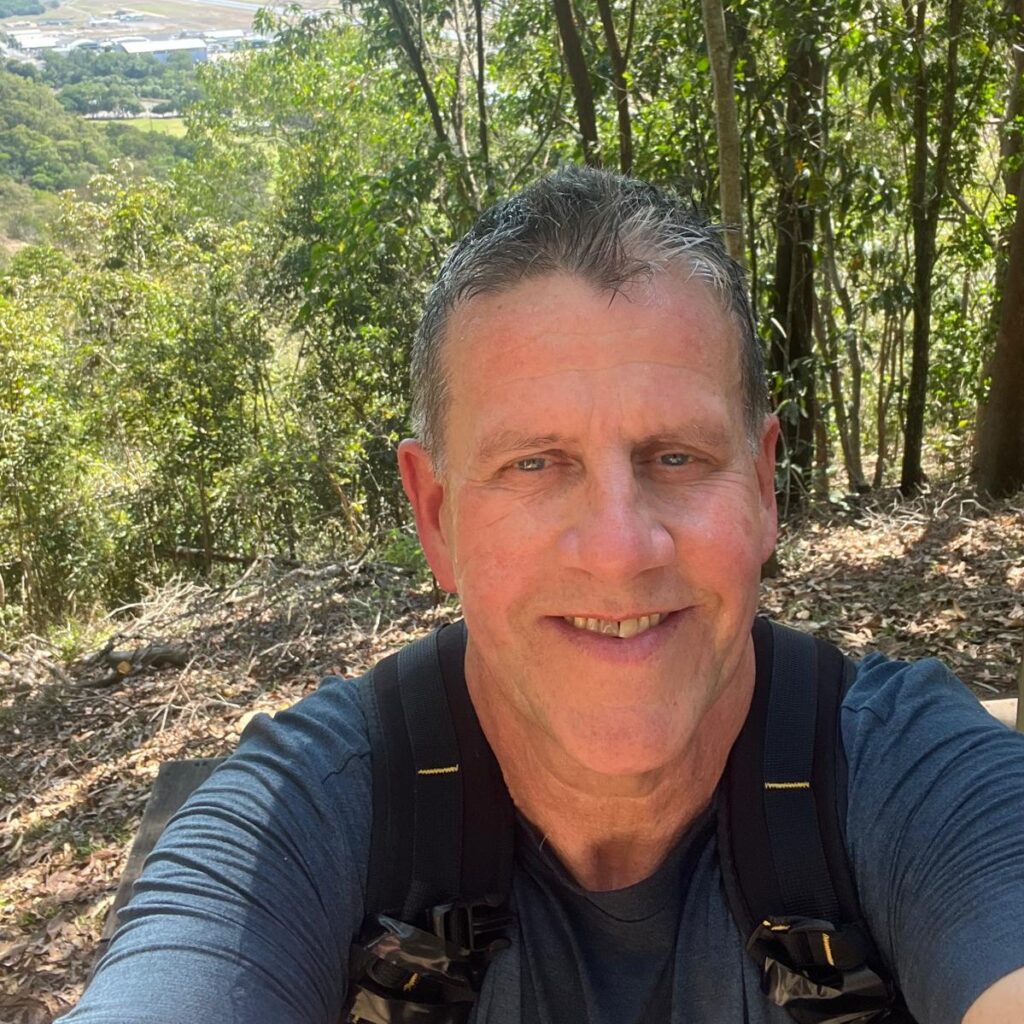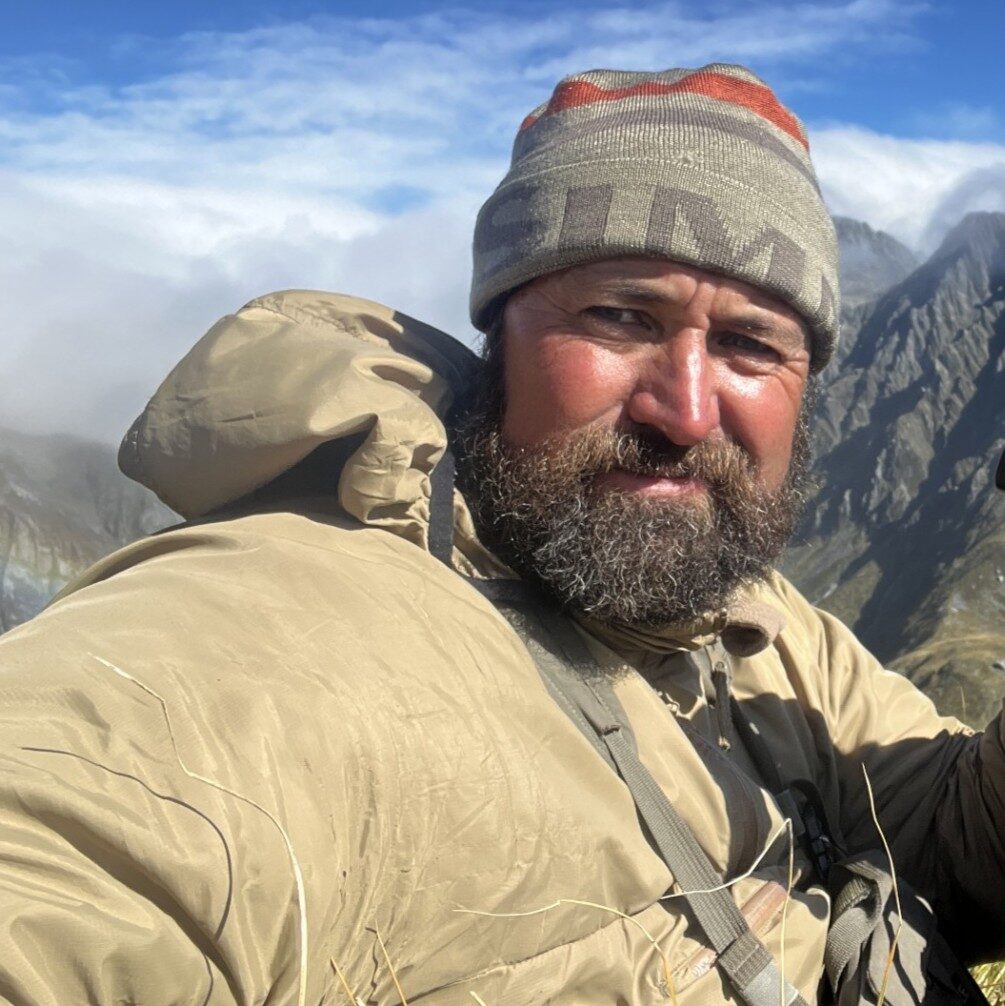Military Claims Support
We are Veterans for Veterans


Non-Freezing Cold Injury (NFCI) Claims
NFCIs usually affect the body’s extremities, such as hands and feet.

Meet Our Team
Check Your Eligibility
Existing client?
Frequently Asked Questions
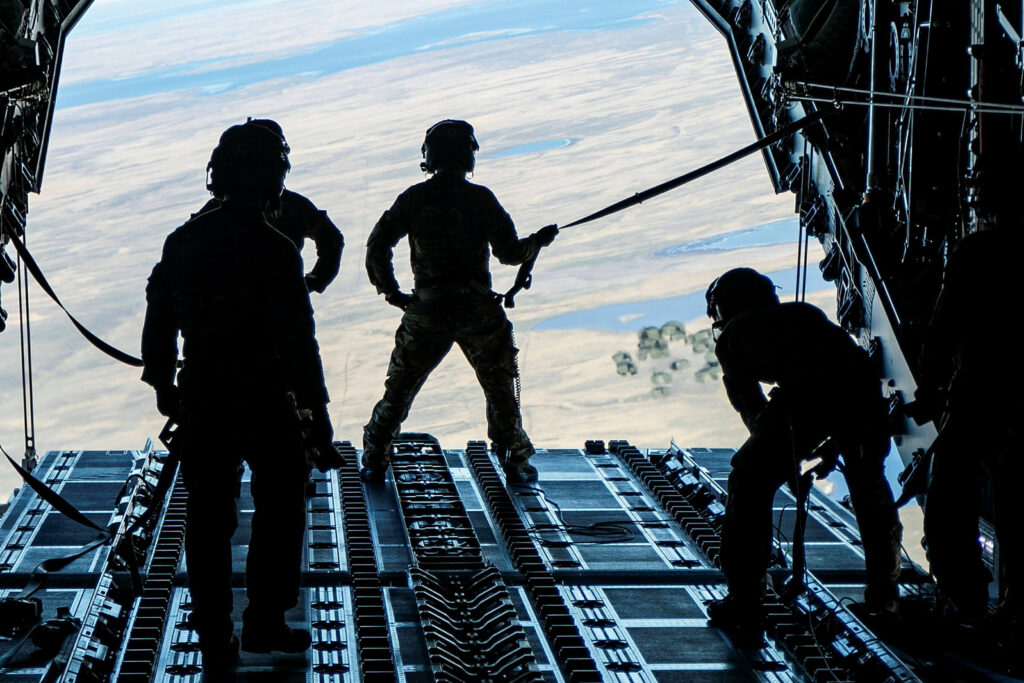
We are a collective of British Armed Forces veterans who share a common journey of service and sacrifice. Over time, we’ve observed the challenges and complexities veterans face in navigating the compensation process for injuries sustained during their service. Frustrated by the lack of clarity and support, we’ve banded together to offer guidance and assistance. Our mission is twofold: to support fellow veterans in their pursuit of rightful compensation and to collaborate with law firms to streamline their practices for veteran clients. Through our experience and expertise, we provide invaluable insights to law firms, ensuring that their processes are not only comprehensible but also tailored to the unique needs of veterans. We are selective in our partnerships, choosing to collaborate only with firms that demonstrate a genuine commitment to improving their services for veterans.
Your claim remains confidential, safeguarding your privacy unless you opt for public disclosure. If you’re currently employed, it would be unlawful for your employer to penalise you for pursuing a claim against your employer. However, it’s important to note that in certain cases, such as when court proceedings are initiated, your claim might become public knowledge.
If you possess the physical capability to fulfil the requirements of the job, pursuing a claim shouldn’t impede your prospects for future employment.
Yes. As long as you served in the British Military post-May 1987 then we can help, regardless of where you are in the world now.
The law firm will request your authorisation to obtain your employment records from HMRC. This step is solely intended to verify your work history, ensuring alignment with the dates provided in your claim.
Apart from your legal representatives and the Ministry of Defence (MOD), your claim remains confidential. However, it’s important to acknowledge that court proceedings might become public if pursued.
No, contrary to beliefs claiming will not affect your pension or other benefits.
All claims are covered under a no-win-no-fee insurance, known as ATE insurance. This ensures that all legal costs are covered in the event of an unsuccessful claim. Unless you are materially deceptive or misleading during the process, you will not be liable for any costs associated with the legal proceedings. Legal costs are recovered from your award at the conclusion of your case, at a rate of 25% of the total award.
Crown Immunity protects the Ministry of Defence from liability for injuries sustained by servicemen and women before 1987. However, the case of Smith v Ministry of Defence altered the situation regarding combat immunity. The court ruled that the MOD does not have an automatic defence against claims for injuries sustained in combat, contrary to their previous stance, allowing claims to be brought on behalf of those injured in such circumstances, if those injuries occurred after 1987.
The legal firms that we recommend operate on Conditional Fee Agreements, commonly known as no‐win, no‐fee. A policy of insurance is also taken out in your name to ensure that your case is protected by insurance. In the event of an unsuccessful outcome, the insurance policy will cover all fees. If your case is successful, the majority of your legal costs will be paid by the MOD. A success fee of 25% of your damages (including VAT) and the insurance policy premium will also be deducted from your final amount.
Indeed, irrespective of previous outcomes regarding War Pension or Armed Forces Independence Payments, you are still eligible to pursue this civil claim.
Your case will be evaluated individually based on its specific merits and the availability of a local audiology test. If your case is strong and there are no issues in scheduling a test in your area, your legal representatives will arrange a test for you.
In order to pursue a claim for Hearing Loss, it is necessary that there was at least some period of your service that occurred after 1987. For instance, if you enlisted in 1986 and concluded your service in 1995, more than half of your service tenure would fall after 1987. In these circumstances, you could pursue a claim for your period of exposure from 1987 to 1995.
The Royal British Legion recommends consulting a solicitor to make a civil claim for negligence. More details can be found here: Royal British Legion Support. This is where we come in. Our specialist team of veterans will discuss your claim with you to ensure your eligibility and help you proceed quickly and efficiently, after which we will recommend a specialist firm of solicitors that we feel have the appropriate skills and experience to represent you in your claim.
You may be eligible to make a military injury claim if you served in the UK Armed Forces (including Gurkhas and Reservists). Unsafe training, poor equipment, or lack of proper protection are all grounds to make a claim. Claims should typically be made within three years of the injury or of becoming aware it was service-related. Receiving a war pension or AFCS award doesn’t prevent you from making a separate legal claim.
No, you can still be in active service, a reserve, or retired. Making a claim should not negetively impact your relationship with your employer (the MoD).
It is important to submit your enquiry with us as soon as you become aware of your eligibility to claim.
If your case advances to litigation, there may be a requirement for a court appearance. In such instances, your legal representative will accompany you every step of the way. There’s no need for apprehension; with a comprehensive and factual claim, the outcome should be satisfactory for all parties involved.
Cases have experienced unexpected delays, primarily due to a surge in volume compounded by the post-Covid capacity limitations of courts in England and Wales. While the backlog has somewhat diminished, it will still take considerable time for operations to normalise fully. Additionally, many cases are being managed through group action, necessitating specific court procedures. While this temporarily affects the pace of other cases, it’s anticipated that within the next year, this approach will significantly expedite the process. We estimate these cases may take 2-3 years to resolve, though settlement out of court could potentially shorten this timeframe.
Yes, you will be required to assess the impact of your injuries you will be required to attend at least one medical appointment.
Client Reviews
Proudly Supporting
